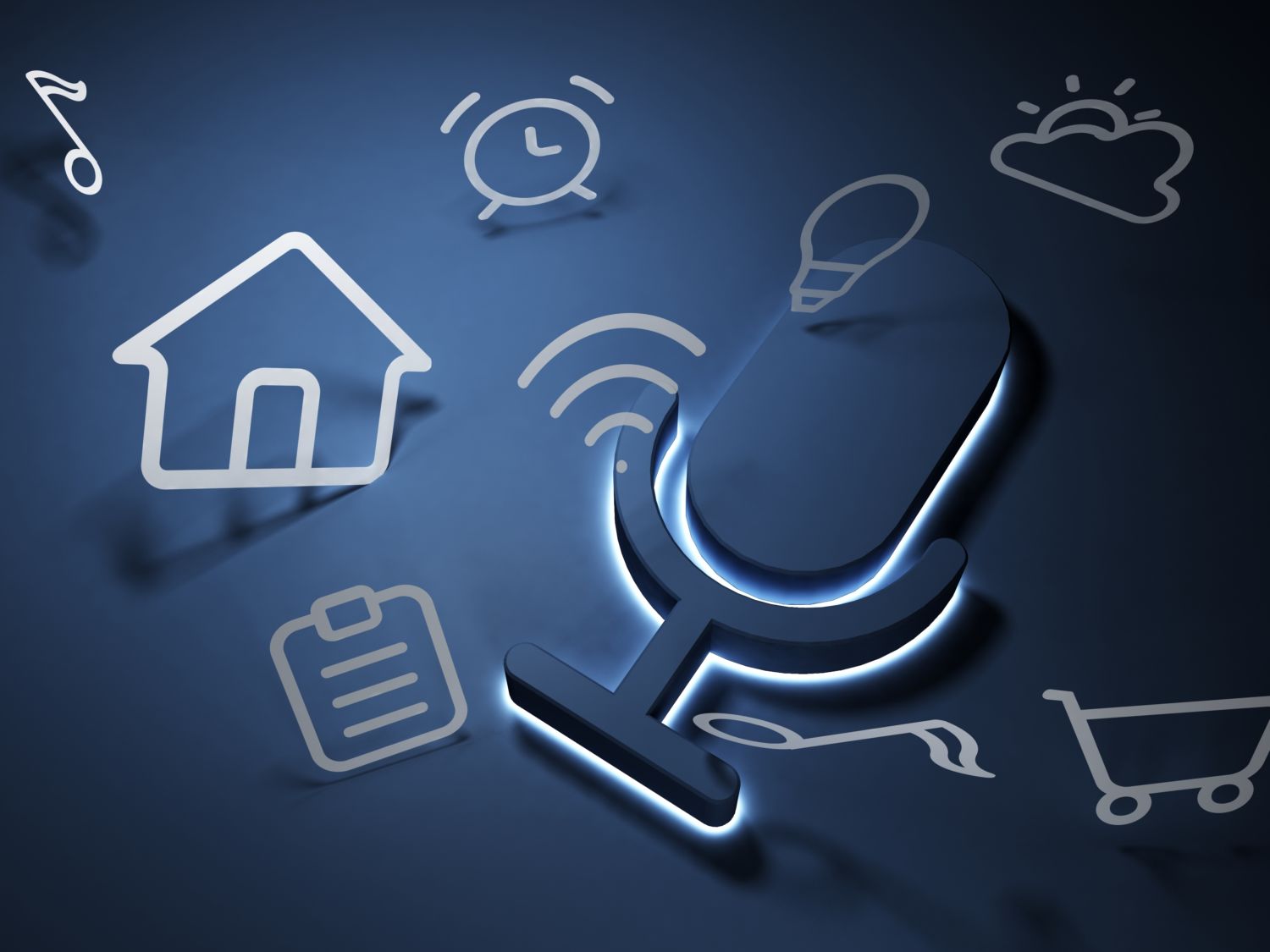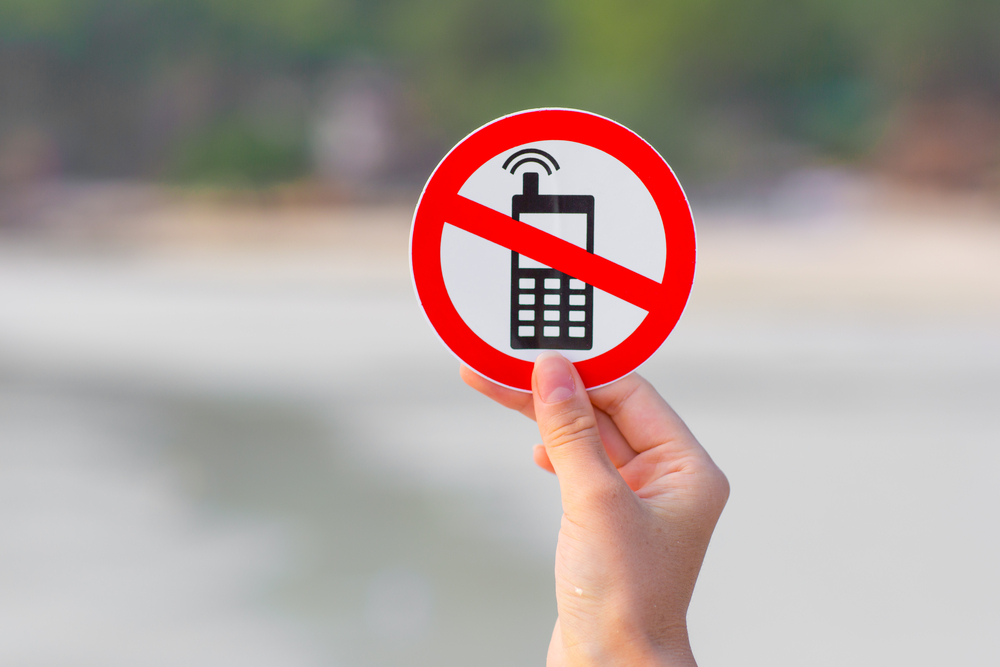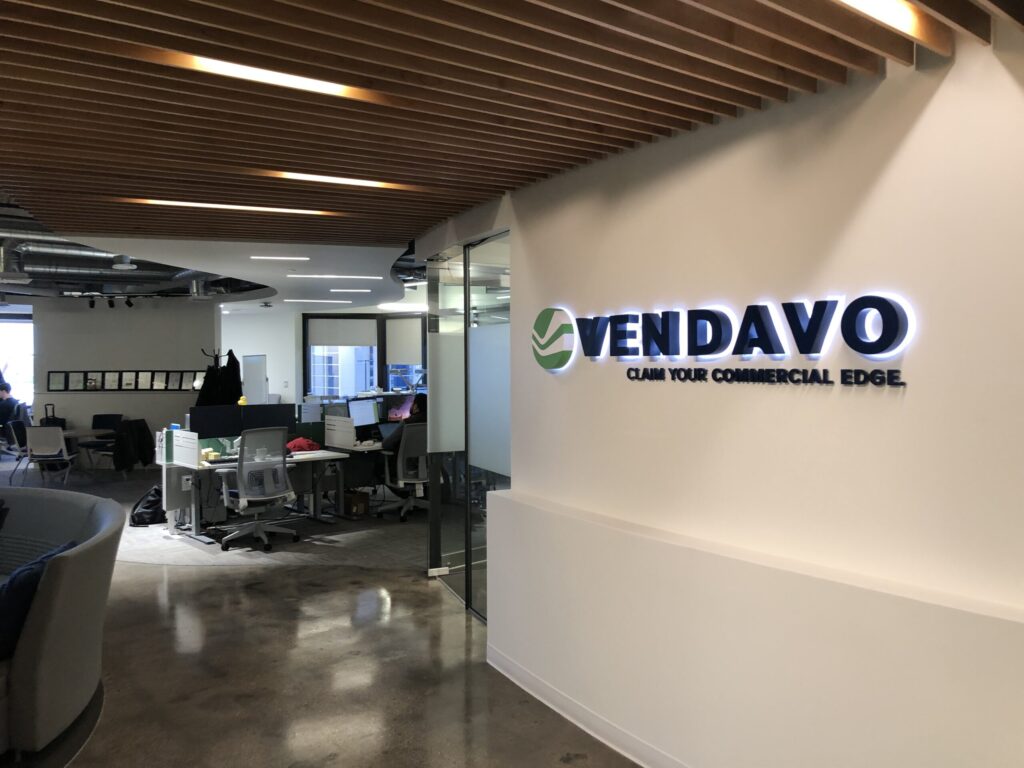Kansas City-based Mycroft startup has reacted to growing uncertainty around data protection by creating a voice-activated virtual assistant that doesn’t record and save your voice data. Founded in 2015, Mycroft has created a virtual assistant that has the same capabilities as the well-renowned Alexa and Google Home. However, it is an open source product, which means it has a source code that anyone can inspect, modify and enhance so that the user can tailor their experience to their individual needs. For example, you can change the name from Mycroft to anything you want, or even set a word or phrase as a trigger for an action. Think of shouting ‘Party Time’ at your device and it automatically playing your favourite tunes. https://www.youtube.com/watch?v=Ud3XLEGIu8U Unlike Alexa and Google Home, no voice data is stored on the device, unless you opt into a program that improves voice recognition for open source projects. The other virtual assistants on the market always store your voice data, using it to enhance voice recognition capabilities, but where this information eventually goes is basically unknown. Business magazine Fast Company explain that Amazon and Google make it possible, but very difficult to delete voice data amid various ‘are you sure?’ warnings and it has to be done manually, with no option for having an automated service. Apple seems to be more privacy conscious, but no more transparent, as when it develops Siri’s voice recognition, it anonymizes the voice data and only keeps it for six months before deleting it. However, co-founder Joshua Montgomery told Fast Company that he still didn’t trust that the information couldn’t be de-anonymized and highlighted that the user still has no idea where this data is. “Based on the past performance of these companies as they’ve deployed services, I think it would be foolish to anticipate them becoming more private over time,” he told the business magazine. “The best way to make sure that your data is kept private is to make sure that your data is gone.” And he may be right. With the recent Facebook scandal showing how little control we have over our own data, and the European GDPR being deployed on May 25 of this year, people have never been more preoccupied with understanding where their data is and how they can protect it. We enjoy the use of free applications and services in exchange for the mass of information data we provide. The Guardian describes these big data companies as so opaque that users and regulators alike don’t understand it, which is why data breaches can be kept secret for so long. The question remains as to whether Mycroft’s Mark II’s superior privacy options will hold out when its competitors boast better voice recognition and a lower price tag. Forbes wrote an article in 2014, after the Edward Snowden leaks called ‘Let’s face it, we don’t really care about privacy’ in which the writer wonders at the public’s ability to forget the Snowden scandal, and carry on in our daily lives, knowing that we are being watched and our data is being stolen, but ultimately doing very little about it. Very few companies are using data privacy as a selling point for their products, perpetuating the ‘don’t ask don’t tell’ mentality within the sector. Maybe we’ll forget the Facebook scandal as quickly as the Snowden one, or perhaps we’ll finally take action and throw Alexa out of the window (after deleting all the voice data she carries) and welcome a Mycroft into our home.
Privacy conscious Mycroft makes an AI virtual assistant that doesn’t save your data
By Techli
26 marzo, 2018









